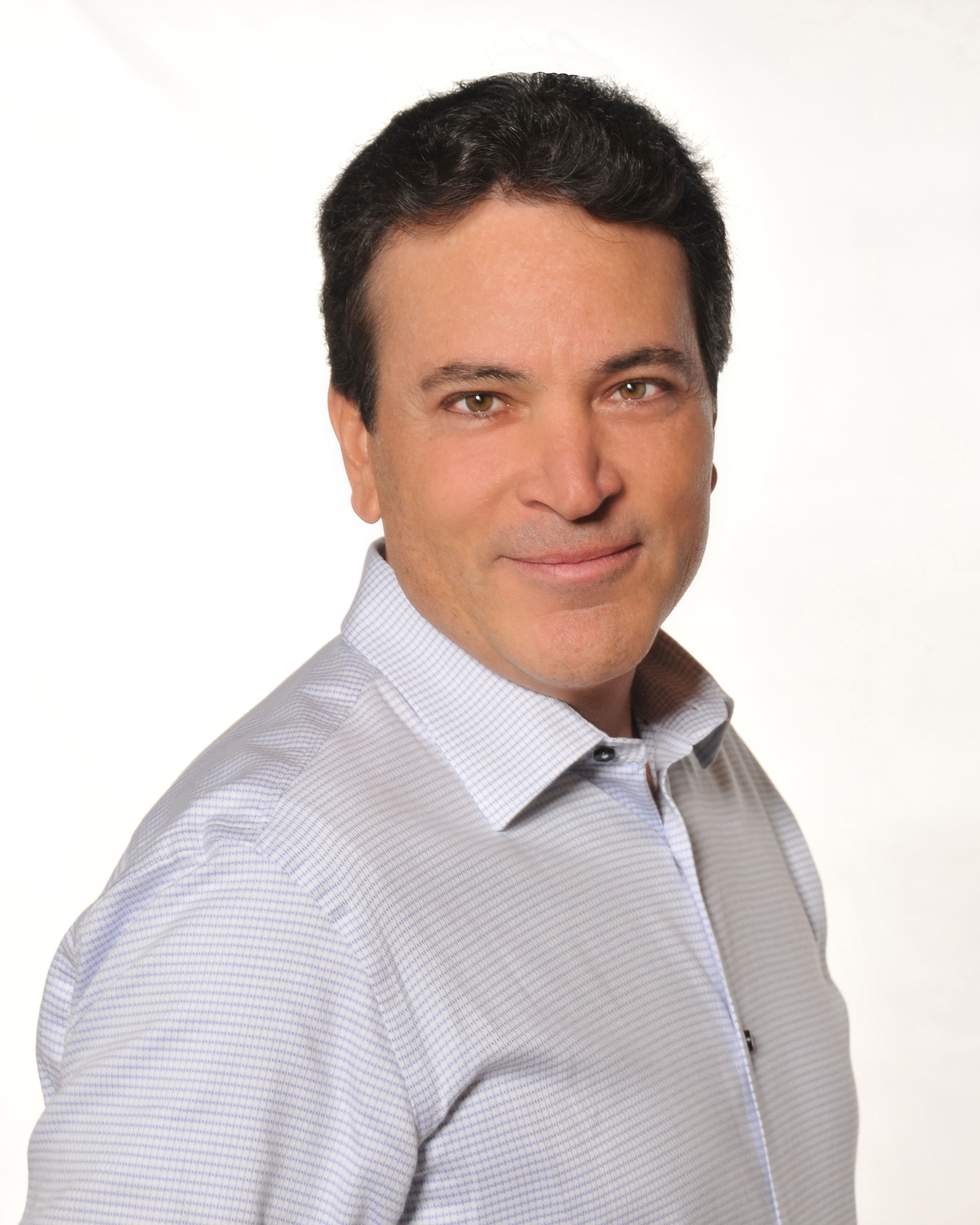By Nino Pavan, J.D., CFP®
Emotions play a big part in our decisions, especially when it comes to finances. It’s common to react emotionally to our financial situations, but how much power should we give them? Despite our best efforts, separating emotions from financial decisions isn’t always easy.
Why is this the case? Well, our money habits often take root during our formative years. For instance, even if someone understands the importance of saving over spending, they may struggle to break the spending cycle due to the emotional satisfaction it brings, despite knowing it’s not financially wise.
Yes, it’s true that emotions play a significant role in our financial choices. So let’s dive into how our money habits are formed and explore strategies to reduce the influence emotions have on our financial decisions.
The Money Script
Do you sometimes feel like the discipline to make rational and well-thought-out financial decisions must be too good to be true? Because no matter how hard you try, you just can’t seem to stick to it? Well, I am sure there are others that feel the same way. These feelings are not uncommon and are most likely due to the emotional and psychological baggage we all carry around relating to our money, otherwise known as our money scripts. And, as with most of the baggage we’ve lugged into our adult lives, these scripts usually start forming at a very young age.
Even though we may not be aware of it, we spend our childhood picking up on how our parents and other significant role models relate to and handle money, and over time, our brains are subconsciously trained to respond in similar ways. If your parents were confident in their ability to make wise investments, you will likely face investing with confidence as well. Contrarily, if you experienced your parents scrounging to get by and often quarreling over expenses, you may experience some pretty strong feelings of guilt when making certain purchases.
The seeds of money scripts are planted in childhood, watered by observation, and eventually grow to influence your emotional beliefs about finances as an adult. For this reason, it is vital to be intentional and diligent in talking to your kids about money and modeling healthy financial behaviors. It is just as important to take the time to examine yourself and understand your money scripts and how they influence your financial behavior.
The Negative Side of Money Scripts
To be fair, not all money scripts are bad. Some behaviors we learn plant seeds for beneficial emotions about finances. However, other behaviors, such as money avoidance, focus on financial status, or the idolization and even worship of money, can be flat-out detrimental. Unhealthy emotions and belief patterns can lead to all kinds of financial problems, such as financial infidelity, compulsive buying, pathological gambling, and financial dependence. Certain money scripts have been tied to lower levels of net worth, lower income, and higher amounts of revolving credit.
Those may sound extreme, but have you ever let panic during a market downturn take your focus off of your long-term investing plan? Have you ever been unable to make a decision because you were paralyzed with worry and anxiety about the future? Have you ever wreaked havoc on your budget for the momentary high of acquiring something you really wanted? All of these behaviors stem from your personal money script.
Money Scripts Can Be Changed
We often think that if we had more money, we wouldn’t have any problems. But we have money problems because of how we approach money, not necessarily because we don’t have enough. This is good news! We might not be able to drastically increase our income, but we can learn to control our attitudes and perceptions. Our money scripts may be ingrained from childhood, but they are not permanent. With a focused and concerted effort, they can be changed.
The first step you must take in overcoming your money scripts is to identify them. To do this, you must become aware of your emotional responses to common financial situations. Begin to stop and notice your emotional responses to these common experiences:
- Earning money
- Buying things
- Saving for the future
- Budgeting and tracking expenses
- Making financial decisions
- Volatile markets
- Healthy markets
- Meeting with a financial professional
- Thinking about your financial future
How do these things make you feel? Anything that elicits strong emotions warrants further reflection. Keep in mind that negative emotions are not the only ones that can harm your financial life. Some positive emotions, like optimism and self-confidence, can bring about negative results if unwarranted and left unchecked.
How to Manage Emotional Money Decisions
The key to changing your money scripts and developing healthier money habits is learning to control your emotions. You can also build some new, healthy habits that protect you financially and incorporate them into your life. Habits and disciplines such as taking advantage of automatic savings, investing through your bank or employer’s retirement plan, scheduling regular family budget meetings, and enlisting the help of someone reliable to keep you accountable are great places to start. Eventually, you will learn how you respond to emotional triggers and you can then take steps, like mandating a “cooling off” period for yourself, before making any decisions.
Finally, you need to be willing to forgive yourself when you make mistakes. Leave the past in the past and move forward with the new knowledge you have gained. Choosing to forgive yourself for past mistakes frees you up to be more effective with your new tools. As you begin to collect victories, both big and small, you will likely find it even easier to extend forgiveness.
Your Trusted Advisor
Choosing a wealth manager is a significant step in your financial journey, and it’s crucial that you feel at ease with your advisor. At Financial Designs, we understand that financial planning is a continuous process, and I’m here to support you through every stage and every emotion so you get closer to your financial goals.
If you’re ready to explore further, schedule a no-obligation consultation, call (909) 626 1642 or email fdc@fdcadvisors.com today! Let’s see if I’m the right partner to guide you on your financial path.
About Nino
Nino Pavan is President and a CERTIFIED FINANCIAL PLANNER™ professional at Financial Designs, a retirement planning firm in Claremont, California, with the mission of enabling individuals and families to financially prepare for and confidently enjoy their retirement years through goal-centered planning. With more than 30 years in the financial services industry, Nino is thankful for the opportunity to serve his clients by making the retirement process a stress-free one; he worries about their money so they don’t have to!
Nino holds a law degree from the University of Southern California, a Bachelor of Science in Telecommunications Management from DeVry Institute of Technology and has been a contributing advisor to Kiplinger. In addition to being a CERTIFIED FINANCIAL PLANNER™ professional and Investment Advisor Representative, Nino has passed the Series 7, 24, and 63 securities exams and holds life and disability insurance licenses. He also conducts retirement and estate planning workshops for employees of major California companies. Outside of the office, Nino enjoys sports (regular and fantasy), traveling (specifically tropical destinations), walking, pickleball, church activities, and spending time with his wife Sherry and their two children, Derek and Sara. To learn more about Nino, connect with him on LinkedIn.







